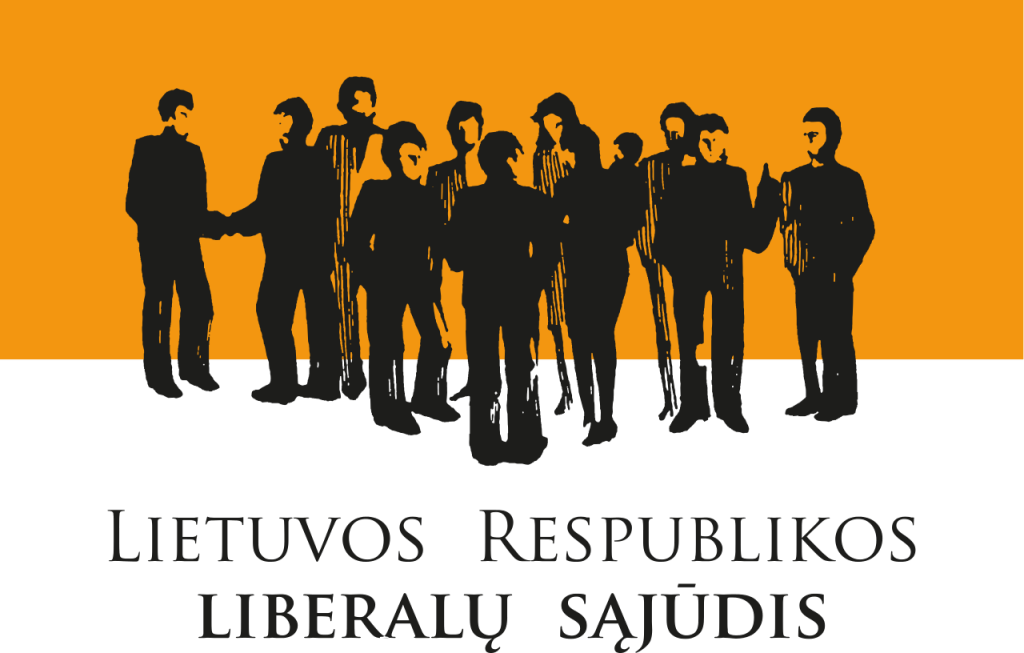
Great Success of Liberals in Lithuanian Local Elections
BY
Liberals Movement of the Republic of Lithuania / March 24, 2015
These local elections are historically the most successful, 9 city and district Mayors from Vilnius to Klaipėda will be liberals, – says The Chairman of Liberal Movement Eligijus Masiulis. Nine elected Mayors will govern Lithuanian cities and districts of municipalities in which, according to Department of Statistics, is located almost 883,500 of the population.









